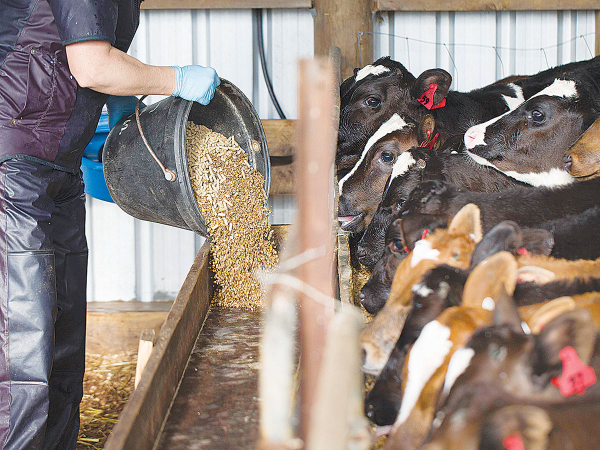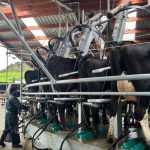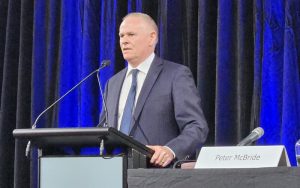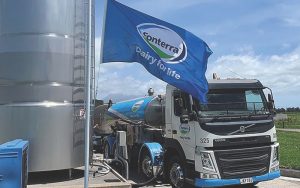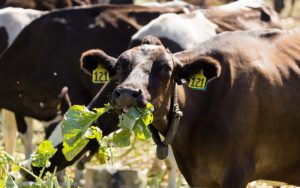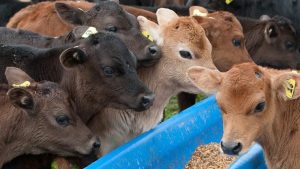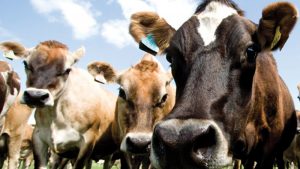
Dairy farmers claim they’re often waiting six months for decisions on visa applications for overseas farm workers.
The dairy sector needs up to 1000 workers for the calving season that is getting underway in the North Island and will move down the country over coming months.
Federated Farmers immigration spokesman Richard McIntyre says the delays are causing “a high amount of frustration and stress”.
McIntyre told Dairy News that Federated Farmers know the urgency of visa applications during calving season and are working on behalf of dairy farmers.
“We have pushed Immigration NZ for a solution, and all dairy applications should be escalated for rapid response,” he says.
These farmers are accredited employers. He says Federated Farmers is working with Immigration NZ (INZ) to clarify some of the rules.
Under new rules introduced earlier this year, entry level staff on a work visa must have three years’ “relevant” work experience – with no clear guidelines as to what is relevant for a junior entering the industry on a visa, which is problematic given so little of the world does not farm outside on pasture.
Juniors with any form of bachelor’s degree or a NZ level 4 qualification recognised by the New Zealand Qualifications Authority can use this to qualify for a 2-year visa in place of experience.
Where low-skilled workers could previously be approved for a five-year visa, they can now only get a two-year visa, with potential for a third year before a stand-down period.
Employers also had to advertise low-skilled positions for 21 days as opposed to 14, list low-skilled positions with Work and Income, and explain why no suitable New Zealanders were available for the job.
But after Federated Farmers met with Immigration Minister Erica Stanford, INZ announced a one-off reduction before migrants could be hired, from 21 to 14 days, specifically for dairy and cattle farm workers.
One rule that is causing concern is the three-year relevant work experience.
McIntyre says in some cases, overseas workers have grown up working on family-owned farms or small farms owned by relatives.
“Verifying experience in these cases has been problematic,” he says.
Minister Responds
Immigration Minister Erica Stanford told Dairy News that the time it takes to process an application can vary depending on a number of factors, including the complexity of an application, whether all information has been provided to allow a decision to be made, and other individual circumstances that could impact processing times.
“To hire migrants on an accredited employer work visa, employers must first apply for a job check and provide evidence that they have advertised the role and were unable to find New Zealand citizens or residents able to fill the role,” it says.
“This ensures that employers only recruit non-New Zealand citizen or residents for genuine shortages, while not displacing New Zealanders from employment opportunities.”
Stanford says she met with Federated Farmers on 18 April. Following this meeting, several adjustments were made in response to concerns from the dairy sector.
She says these changes are designed to shorten the recruitment process, ensuring that employers can hire and train workers for the calving season.
“My officials and I are also meeting with primary sector stakeholders to inform the second phase of work on the Accredited Employer Work Visa (AEWV).”
You can now read the most important #news on #eDairyNews #Whatsapp channels!!!
🇺🇸 eDairy News INGLÊS: https://whatsapp.com/channel/0029VaKsjzGDTkJyIN6hcP1K
